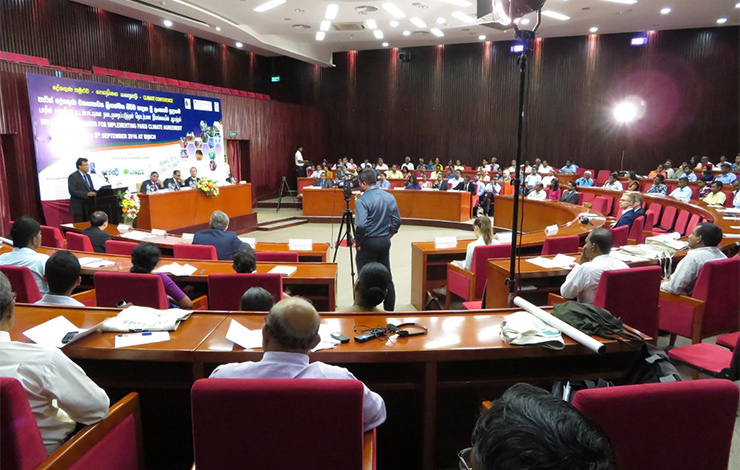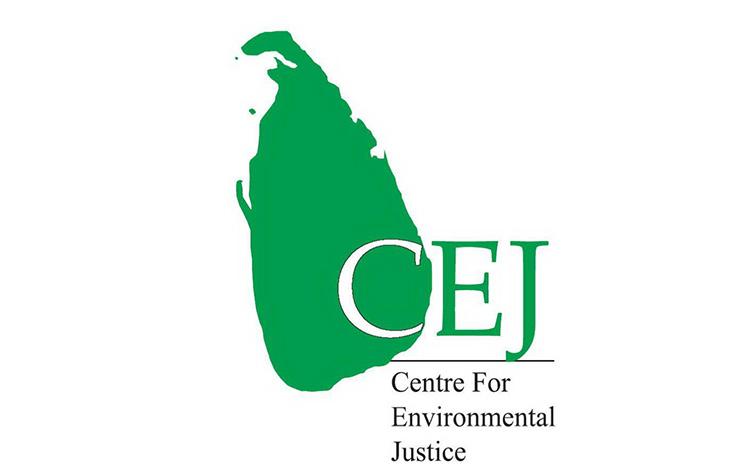To improve the enforcement of environmental laws in Sri Lanka, this program trained lawyers on environmental laws, conducted community workshops to educate citizens about their rights, and built the capacity of local leaders, women, and community based organizations to engage in environmental decision-making. The program also built a network of public interest lawyers and scientists to assist citizens in addressing environmental issues affecting their communities.
Challenge

The end of the Sri Lankan Civil War in 2009 paved the way for new economic development. Much of that development potential came from extractive industries interested in the natural resources within Sri Lanka's northern and eastern provinces - the same areas that were the most affected by three decades of civil war. While Sri Lanka generally has good environmental laws, enforcement broke down and became weak during the Civil War, leaving many citizens unaware of their environmental rights and vulnerable to exploitation from extractive industries that may negatively impact the health and livelihoods of Sri Lanka's poor and rural communities.
Program Summary
To address these challenges, the Centre for Environmental Justice (CEJ) created a project to legally empower local communities by helping them understand their rights and how to enforce them, as well as including citizens in the decision-making process for natural resource management in their communities. In addition, the CEJ held trainings for lawyers and government officials—the first legal trainings in the region in over three decades.
Impact
As a result of the project, citizens in rural communities who were previously unaware of their rights, now have the ability to seek redress for any violation of their rights by working with local lawyers and civil society groups introduced to them by the CEJ. In addition, more than 500 lawyers, government officials, and civil society organizations were trained on Sri Lankan environmental laws and regulations. The CEJ also distributed copies of environmental laws to communities in their native language (Tamil), 1,000 copies of a guide to Sri Lankan environmental law, as well as resources for settling any disputes that may arise from extractive projects in the area.
Partners
The Centre for Environmental Justice was the leader partner, working with:
- The Sri Lanka Bar Association;
- The Central Environmental Authority;
- The Fisheries Department;
- The Forestry Department;
- The Wildlife Department; and
- The Sri Lanka Legal Aid Commission.
These partners are now working together on natural resource management issues, as well as serving as experts in the trainings CEJ conducts throughout the country.


